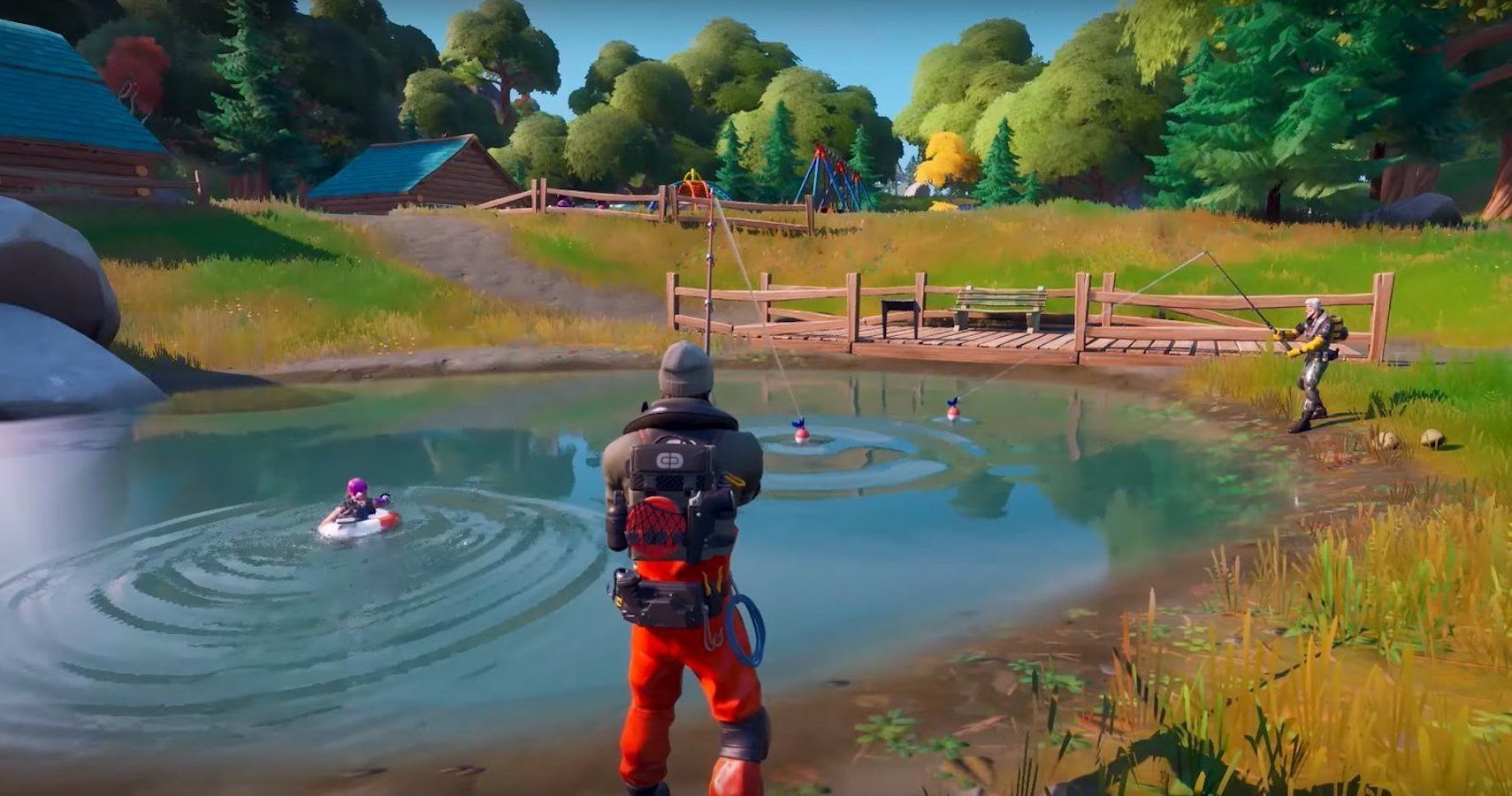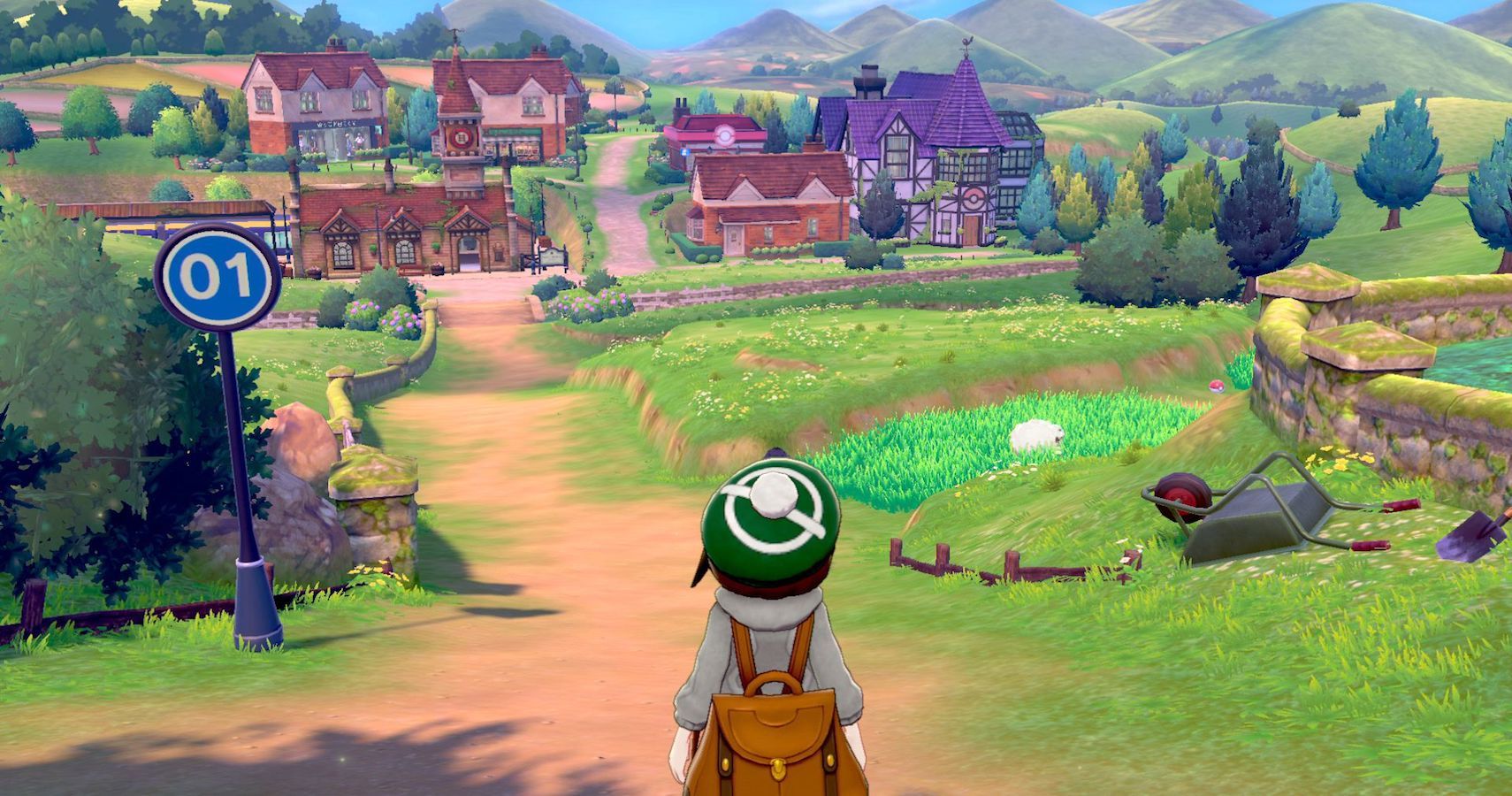It’s every developer's worst nightmare. After working tirelessly for years, a beta version of their game or confidential information leaks online before they’re ready to release it. Like a celebrity iCloud nude, leaked information about high-profile titles spreads across the internet like wildfire. It’s more than an invasion of privacy — it’s a blemish to their name and often a blow to their brand.
Once a pirated game or information about a new release finds its way online, it may seem like a developer has lost control over their project. In many cases that’s true. However, there are a few tricks that developers use to mitigate the damage or even use a leak to their advantage.
Prevent The Leak From Happening
Preventative measures are the smartest strategy in the fight against leaks. Information is nearly impossible to control once it leaves the hands of the developers. So, keeping a close eye on sensitive material is a high priority for many developers. Many developers use language in their NDAs to clearly state what information is labeled for public use by the press or what can be shared by third-party game testers.
Reduce The Risk
Today, games are often digitally distributed in early-access or beta testing. As a result, new problems have surfaced, such as data mining. Getting feedback from players is a crucial part of game development these days, but it does come with risks. To prevent early players from distributing unpublished information, many developers use End User Licensing Agreements (EULA). Basically, this gives the developer a legal course of action against users in the case of a leak.
Taking Legal Action
Even if a developer’s NDA or EULA isn’t enough to stop the spread of information, they can still control how they react to a breach of contract. Many developers will file lawsuits against leakers as a way to prevent leaks from happening and demonstrate that there are punishments for leaking confidential information.
Leakers can be hard to identify, but developers have subpoenaed the identities of Discord and 4Chan users to track down the responsible parties. Depending on the expected damage or loss in sales revenue that the leak causes, punishments vary. NDAs often specify liquidated damages that can attach dollar amounts to leaked information. An example of this is Epic Game’s lawsuit against Lucas Johnston, a video-game tester who leaked unreleased images of Fortnite: Chapter 2. Epic games sought $85,000 in damages from Johnston, who was also fired from his job.
Public Statements
When a leak happens, making a public statement is often advantageous for the company involved — especially if legal action was taken. This gives them a chance to explain their course of action and why it was necessary. For instance, following the recent Pokemon Sword and Shield leak that forced Nintendo to blacklist FNintendo, The Pokémon Company stated that “Leaks hurt not just Nintendo, but the thousands of employees who work hard to bring games to market, and the millions of fans around the world who look forward to news and surprises.”
Leaks Aren't Going Anywhere
Leaks are as old as the internet itself. In the end, there is only so much that developers can do to prevent the spread and reduce the effects of leaked information. As hackers gain skill and develop new ways to preserve their anonymity, the problem may only get worse. In the meantime, developers will just have to take the necessary steps to prevent leaks and continue to deal out harsh punishments to those who break the rules.



